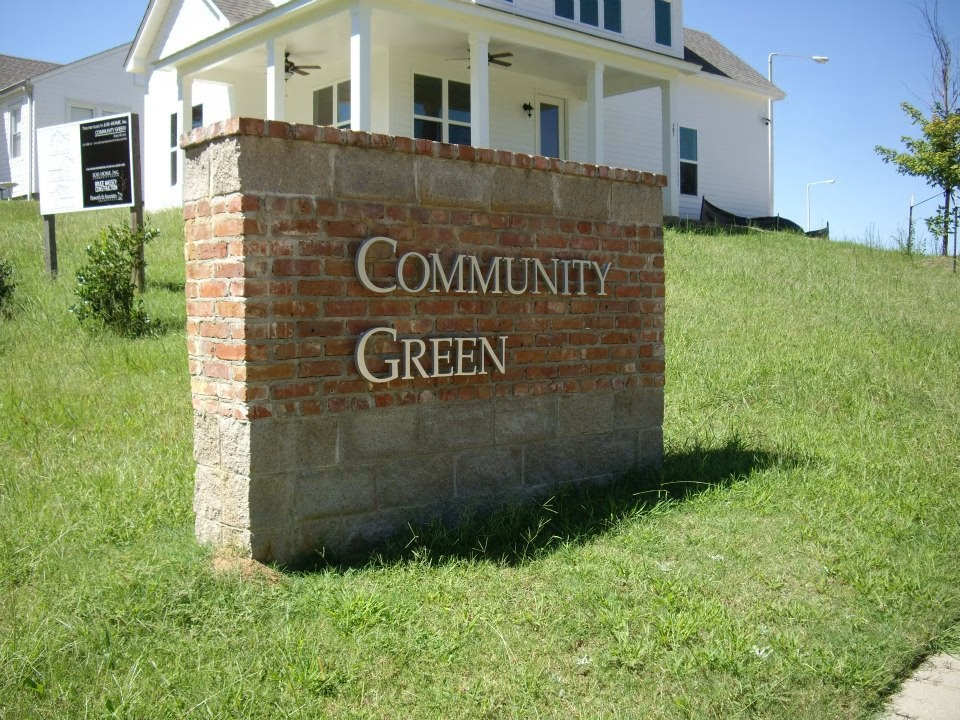Featured
New Housing Report Sheds Light on Urgent Need for Affordable Housing in LOU Community
A report prepared by the Housing Insecurity Lab, in partnership with LOU-HOME, Inc. describes the current state of housing insecurity in Lafayette County as a growing crisis.

A report prepared by the Housing Insecurity Lab, in partnership with LOU-HOME, Inc. describes the current state of housing insecurity in Lafayette County as a growing crisis.
This past fall semester, the Housing Insecurity Lab, an Honors-level advanced undergraduate seminar at the University of Mississippi and taught by Dr. James M. Thomas, partnered with LOU-HOME, Inc. to analyze publicly available data from the U.S. Bureau of the Census and the Department of Housing and Urban Development.
In their newly released report, “Housing Insecurity in Lafayette County, Mississippi: An Affordability Crisis,” the researchers and community organization show the extent to which housing costs are outpacing wage growth, resulting in a local housing climate in which even modest housing units are out of reach for a significant number of Lafayette County residents.
The report includes a more recent measure of housing affordability known as the “housing wage,” which is defined as the estimated hourly wage a full-time worker needs to earn in order to afford a modestly priced home without spending 30 percent or more of their income toward housing costs.
According to the report, the housing wage required for a modest two-bedroom home in Lafayette County is $17.35 per hour. This represents a 29 percent increase in the housing wage over the past decade.
“Our report shows that the need for affordable housing in Oxford is severe, and has only increased over time,” Thomas said. “Through this report and future reports, we hope to better inform community conversations on affordable housing, and steer those conversations toward concrete solutions.”
Because housing insecurity both shapes and is shaped by a community’s income, poverty, housing costs, and other social factors, this report also provides an overview of Lafayette County’s socio-economic profile, including changes to this profile over three, non-overlapping five-year periods: 2005-2009, 2010-2014, and 2015-2019.

Some of the main findings of this report are:
- Median incomes in Lafayette County have remained relatively stagnant, growing by just 3 percent across these three periods.
- The gap between the average income of those in the middle of the income distribution and those at the top has increased by 30 percent over these three periods, reflecting national patterns of increased economic inequality
- Unemployment and poverty rates have declined slightly; yet the Black unemployment rate remains nearly three times higher than the White unemployment rate, while the Black poverty rate is 1.6 times higher than the White poverty rate.
- The cost of housing, indicated by median home values and median rent, has increased by 14 percent and 13 percent, respectively, over these three periods.
- The share of renters who are housing cost-burdened – paying 30 percent or more of their income toward housing costs – has increased by 11 percent over these three periods.
- The share of renters who are extremely housing cost-burdened – paying 50 percent or more of their income toward housing costs – has also increased by 11 percent over the same three periods.
- While the minimum hourly wage in the state of Mississippi has remained stagnant – $7.25, the housing wage, or hourly wage necessary for a full-time worker to afford a modest rental home at HUD’s fair market rent (FMR) without spending more than 30 percent of their income on housing costs, has increased between 22-35 percent depending on the number of bedrooms in the rental unit.
- A worker earning the minimum wage in Lafayette County would need to work more than 80 hours per week – the equivalent of two full-time jobs – to afford even a one-bedroom rental unit at a fair market price.
To combat a lack of affordable housing stock, the report recommends that Lafayette County and the city of Oxford revisit their zoning ordinances, allowing for the development of more multifamily housing units, and increasing the current set-aside for affordable housing units within each development to at least 20 percent.
The report also recommends Oxford and Lafayette County partner to create a Housing Trust Fund to be used for subsidizing housing costs and creating new affordable housing where there is none.
LOU-HOME, Inc. is a nonprofit organization founded in 2006, and whose mission is to build a better community by increasing the availability and access to affordable housing and homeownership in the L-O-U community.
Among their signature achievements are the creation of the Community Green subdivision, and the newly built Belle Rivers affordable housing community. Last year, LOU-HOME became a HUD-approved Housing Counseling Agency and is the primary resource for housing, credit and money management counseling in Lafayette County.
“This partnership with LOU-HOME, Inc. bridges what is often seen as a divide between research and practice. Our students are excited to work with such an important community-based organization in Oxford,” Thomas said.
Staff report





























